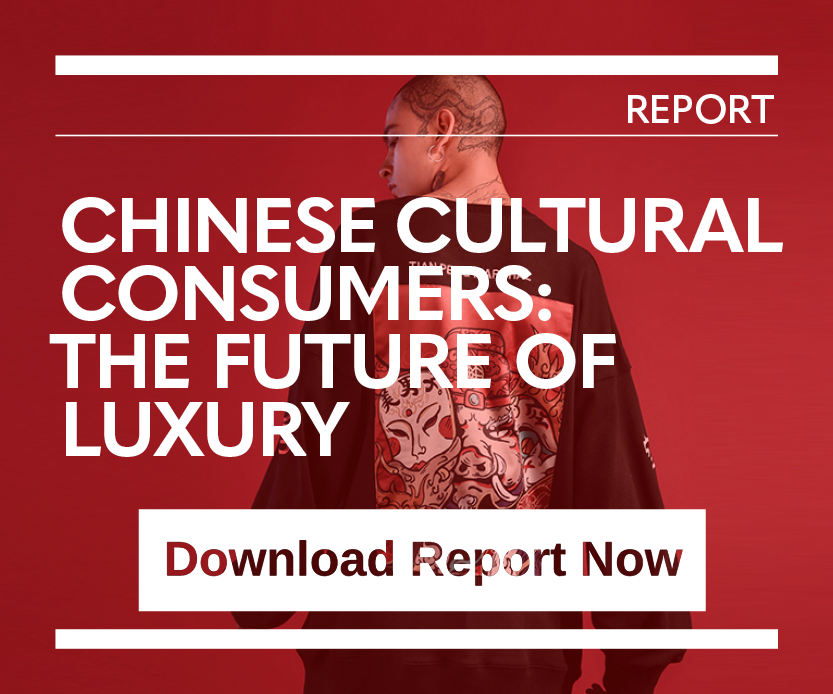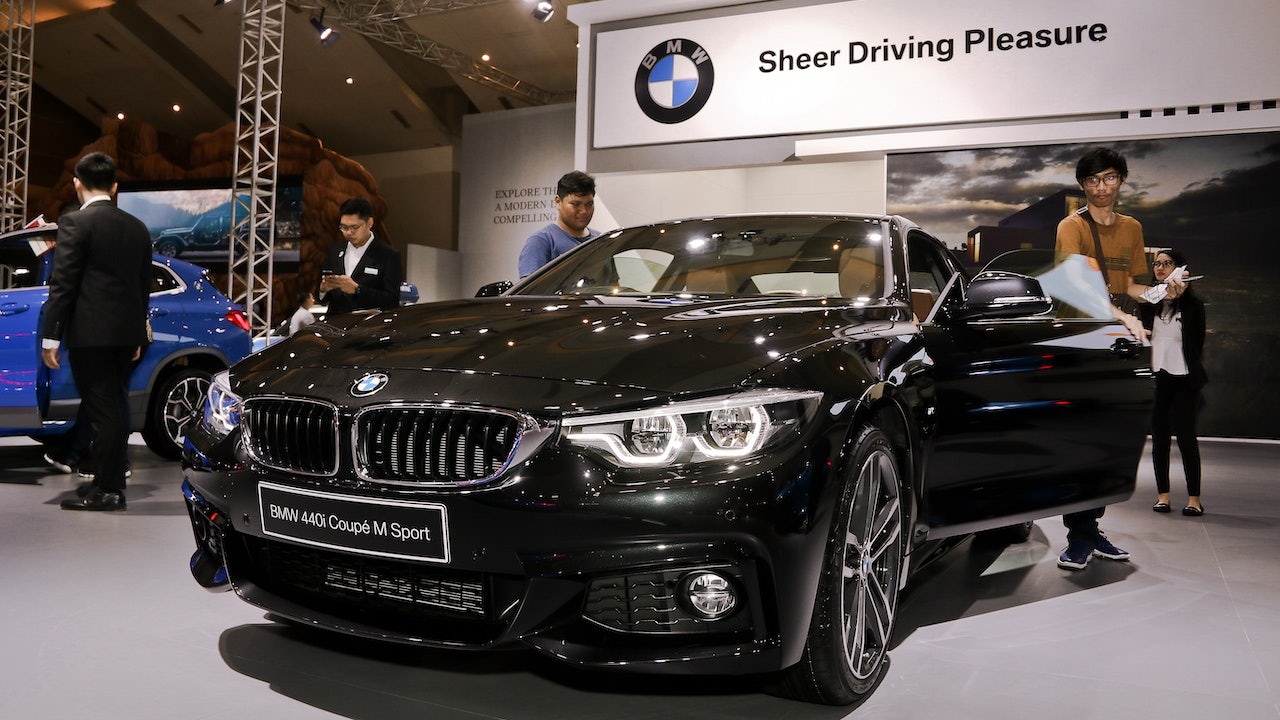The following is an excerpt from Jing Daily’s forthcoming report on sustainability. Email us today to pre-order your copy.#
Despite concerns about a continued economic slowdown in mainland China, automobile ownership and demand remain steady among affluent Chinese consumers. According to a LuxuryOpinions/Altiant survey of 300 Chinese high net worth individuals (HNWIs), 39 percent said they own one vehicle, while 38 percent owned two and 19 percent owned three. Just one percent said they did not own an automobile, compared to seven percent of U.K. respondents and three percent of American respondents.
Affluent Chinese consumers are avid buyers of automobiles, with many actively planning to make a purchase in the near to medium-term. According to Altiant’s GLAM tracker for the third and fourth quarters of 2021 and first and second quarters of 2022, 44 percent of Chinese respondents said they purchased an automobile over the past 12 months and 15.4 percent said they made multiple automobile purchases. Meanwhile, 23.7 percent said they planned to buy an automobile over the following 12 months and just 16 percent said they did not.
Despite their still-strong demand for new automobiles, affluent Chinese consumers tend to keep their automobiles longer than their counterparts in the U.K. and U.S. The aforementioned LuxuryOpinions/Altiant survey found that virtually no Chinese respondents change their current automobile (or the one they drive the most) after less than one year, while just 7 percent do so every one to two years and 27 percent does so every two to three years.
Compare that the U.S., where four percent change their car every year, 15 percent do so every one to two years, and 28 percent do so every two to three years. Affluent U.K. residents, however, replace their automobiles most often, with 5 percent of respondents doing so every year and 20 percent every one to two years.

But what does this mean in terms of affluent Chinese consumers’ views on sustainability?
This mainly emerges when looking at the demand for fuel-burning engines compared to electric or hybrid engines. According to the LuxuryOpinion/Altiant survey, Chinese respondents showed a clear preference for electric or hybrid engines (with under-45s being more likely to do so than their older counterparts), along with comfort over style and — perhaps counterintuitively — larger vehicles. Roughly one-third of Chinese respondents already owned one or more hybrid or electric vehicles, indicating existing uptake is strong. Meanwhile, 41 percent of Chinese respondents said they will purchase a hybrid or electric vehicle within the next two years, compared to around one in five in the U.K. and U.S.
Tying all of this information together, a clearer picture emerges regarding the way affluent Chinese consumers see automobile ownership as it pertains to their broader personal feelings about sustainability and personal responsibility. While demand for automobiles remains high, Chinese consumers favor more environmentally friendly options. This fits with — or perhaps is largely shaped by — the central government’s requirement that car manufacturers sell a certain percent of electric vehicles per year and its mandate that electric vehicles make up 40 percent of all car sales in China by 2030.
